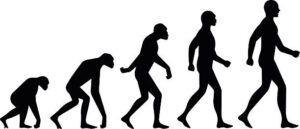
XCL1: Two Folds Are Better Than One
About twenty years ago, when Brian Volkman was still a postdoctoral student, he was approached by a colleague who was studying HIV and looking to

About twenty years ago, when Brian Volkman was still a postdoctoral student, he was approached by a colleague who was studying HIV and looking to

Reaching a new level of precision for the fine structure constant
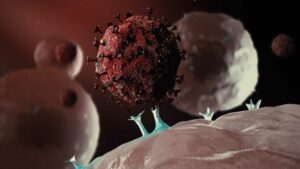
Using Machine Learning to Predict Which Viral Mutations Escape the Human Immune System
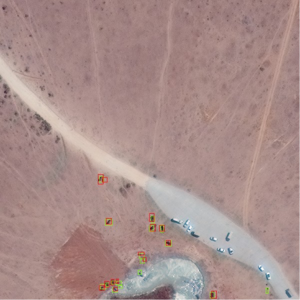
Protection of the world’s animals presents many challenges, but conservation’s newest defense weapon actually works from space. One of the problems conservationists and zoologists face
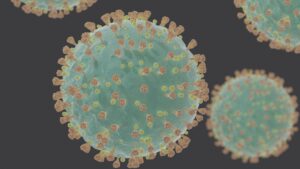
Yale scientists find critical SARS-CoV-2 protein involved in COVID-19 disease progression.

Researchers from the Yale Alzheimer’s Disease Research Unit have investigated the relationship between two key hallmarks of Alzheimer’s disease in living people. With a better understanding of this relationship, researchers may soon have a better insight into the cause of Alzheimer’s, paving the way for developing potential disease-modifying treatments.

Billions of years ago, complex chemical reactions transformed nonliving molecules into the first living organism on Earth. Yale geophysicists find evidence to support a theory that could explain how.

Climate change has caused forest fires to increase in frequency worldwide. Yale researchers gain surprising new insight into how forest fire emissions evolve and what that could mean for human health.
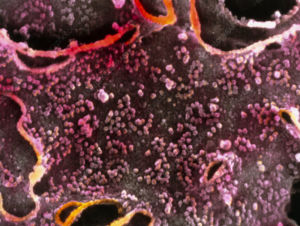
The Mariappan Lab at Yale sheds light on a key cellular pathway

Negative Perceptions Surrounding Cultured Meat